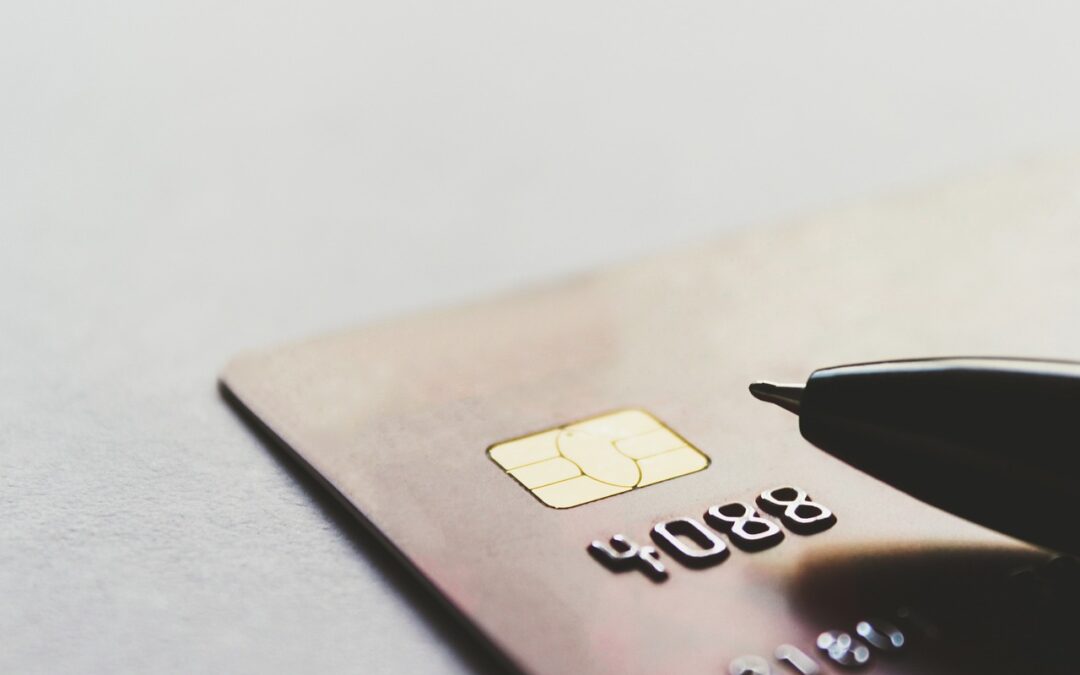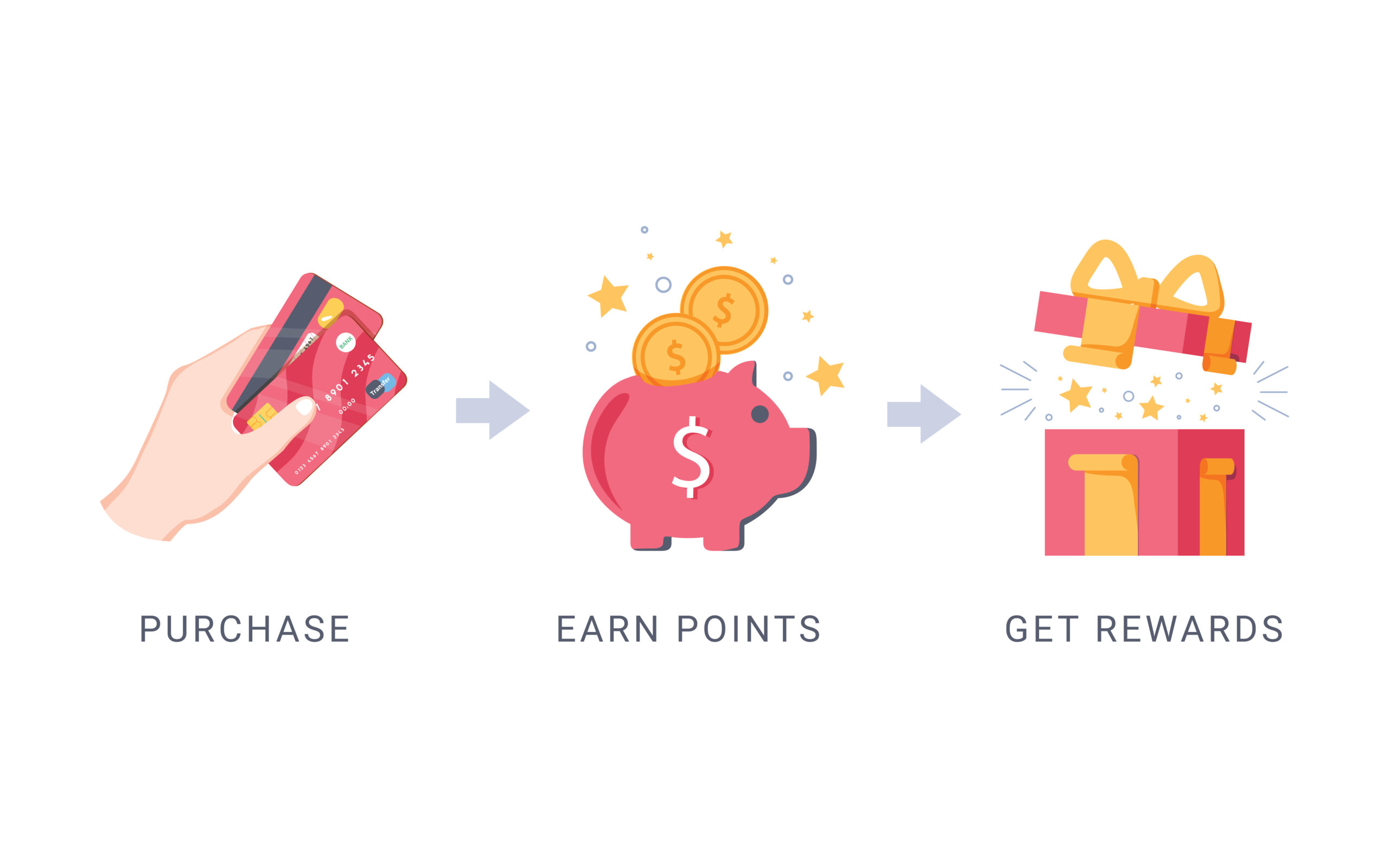
Credit is more than just a number—it’s a key to unlocking financial opportunities. Whether you want to secure a loan, rent an apartment, or even get a job, your credit can make all the difference.
On Get Smart About Credit Day, let’s take a moment to break down what credit is, why it matters, and how you can use it to build a stronger financial future.
What Is Credit and Why Does It Matter?
At its core, credit is borrowing money with the promise to repay it later. But it’s much more than that—it’s a reflection of your financial habits.
Why does credit matter?
- A good credit score can lower the interest you pay on loans, saving you thousands over time.
- Landlords and even some employers check credit to evaluate your reliability.
- Good credit allows you to access better financial products, like high-reward credit cards and lower-rate mortgages.
Credit Scores: Your Financial Snapshot
Your credit score is a three-digit number (ranging from 300 to 850) that shows lenders how responsible you are with borrowed money. Think of it as your financial “reputation.”
Here’s what influences your score:
- Payment history – Are you paying bills on time?
- Credit utilization – How much of your available credit are you using?
- Length of credit history – How long have you maintained credit accounts?
- New credit – Have you recently opened new lines of credit?
- Credit mix – Do you have a variety of credit types (loans, cards)?
:max_bytes(150000):strip_icc()/credit-score-factors-4230170-v22-897d0814646e4fc188473be527ea7b8a.png)
Why It Matters
Improving your credit score means making your financial life easier and more affordable in the long run.
Read our previous blog post on 5 easy ways you can improve your credit score.
What’s on Your Credit Report?
Your credit report is a detailed summary of how you’ve managed credit in the past. It includes information such as your open accounts, including credit cards and loans, your payment history—whether payments were on time, late, or missed—any public records like bankruptcies or foreclosures, and credit inquiries, which show who has looked at your credit.
Building Good Credit
Building and maintaining good credit doesn’t have to be complex. Here are three rules:
- Pay on Time: Set up reminders or automatic payments to never miss a bill.
- Keep Debt Low: Aim to use less than 30% of your credit limit.
- Be Selective with New Credit: Don’t open too many accounts too quickly—it can signal risk to lenders.
How to Use Credit Cards Wisely
Credit cards are a double-edged sword—they can either help you build credit or land you in debt. Here’s how to stay on the right side:
- Pay Off Your Balance in Full
- Prioritize Needs Over Wants
- Stay Under 30% Utilization
When used wisely, credit cards can be a great tool—especially if you use rewards cards that give cashback or travel points.
Read more about how to set yourself up with 10 financial tips for young adults to take note of.
The Benefits of Good Credit
Good credit isn’t just a number—it’s a tool that can unlock financial freedom. When you maintain a high credit score, the benefits can ripple through many areas of your life.
For instance, you’ll enjoy lower interest rates on loans and credit cards, which means saving money in the long run. Higher approval rates for big purchases like mortgages or even renting an apartment become more attainable. Additionally, you’ll gain access to premium credit cards with better rewards, such as cashback, travel points, and lower fees.
Ultimately, a good credit score gives you more options, and these options can help you save money and improve your financial flexibility.
Quick Tips to Boost Your Credit Score
Looking to raise your score? Start with these easy strategies:
- Pay Bills on Time: Even one late payment can hurt your score.
- Reduce Your Balances: Lowering your credit card balance can quickly improve your score.
- Keep Old Accounts Open: Length of credit history matters, so keep those older cards active, even if you rarely use them.
While there are no instant fixes, sticking to these habits will help your score improve over time.
How to Correct Errors on Your Credit Report
Mistakes on your credit report can cost you—but the good news is you can fix them.
Start by getting a copy of your report from all three major credit bureaus—Equifax, Experian, and TransUnion. Review the report thoroughly, looking for errors like incorrect balances or late payments that were actually made on time. If you spot a mistake, file a dispute with the bureau and provide any documentation to back up your claim. Follow up with them to ensure the issue gets resolved. Staying on top of your credit report helps prevent these mistakes from causing long-term damage to your credit score.
Making the Most of Rewards Credit Cards
Rewards credit cards can give you valuable perks if used responsibly:
- Cashback on everyday purchases like groceries and gas.
- Travel Rewards like miles or hotel points for your vacations.
- Retail Discounts for shopping at certain stores.

Just remember, the rewards only benefit you if you pay your balance in full each month. Otherwise, the interest you rack up will outweigh the rewards.
Budgeting: Take Control of Your Spending
A well-planned budget is one of the best tools for managing your credit.
Watch episode 6 of Money Map where our advisors go in-depth on how to become a master budgeter and goal-setter.
Start by tracking your income and expenses, making sure to write down everything from rent to groceries.
Next, identify areas where you can cut unnecessary spending, such as dining out or shopping, and reduce these costs where possible. Automating savings through automatic transfers to your savings account can also help ensure you consistently set money aside.
By sticking to a budget, you’re more likely to avoid racking up debt and can focus on managing your credit effectively.
Take Control of Your Credit
Being smart about credit is one of the most important steps toward financial wellness. Whether you’re working on boosting your score, paying off debt, or simply learning how credit works, these strategies can help you take control of your financial future.
Use today to make it a point to check your credit report, set up a budget, and start implementing these tips to secure your financial health.
FAQs
1. How can I check my credit score for free?
You can check your score on websites like Credit Karma, or get a free credit report once a year at AnnualCreditReport.com.
2. Can I improve my credit score quickly?
While it takes time, paying down debt, lowering your credit utilization, and fixing errors on your credit report can boost your score relatively quickly.
3. What should I do if I find an error on my credit report?
File a dispute with the credit bureau, providing evidence of the mistake. Follow up to ensure it’s corrected.
4. How much of my credit limit should I use?
It’s best to use less than 30% of your available credit to keep your score healthy.
5. What are the benefits of having a good credit score?
A high score can lead to lower interest rates, better loan terms, and higher approval chances for mortgages, car loans, and premium credit cards.

